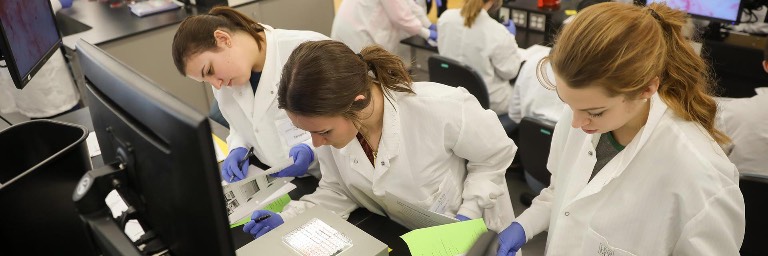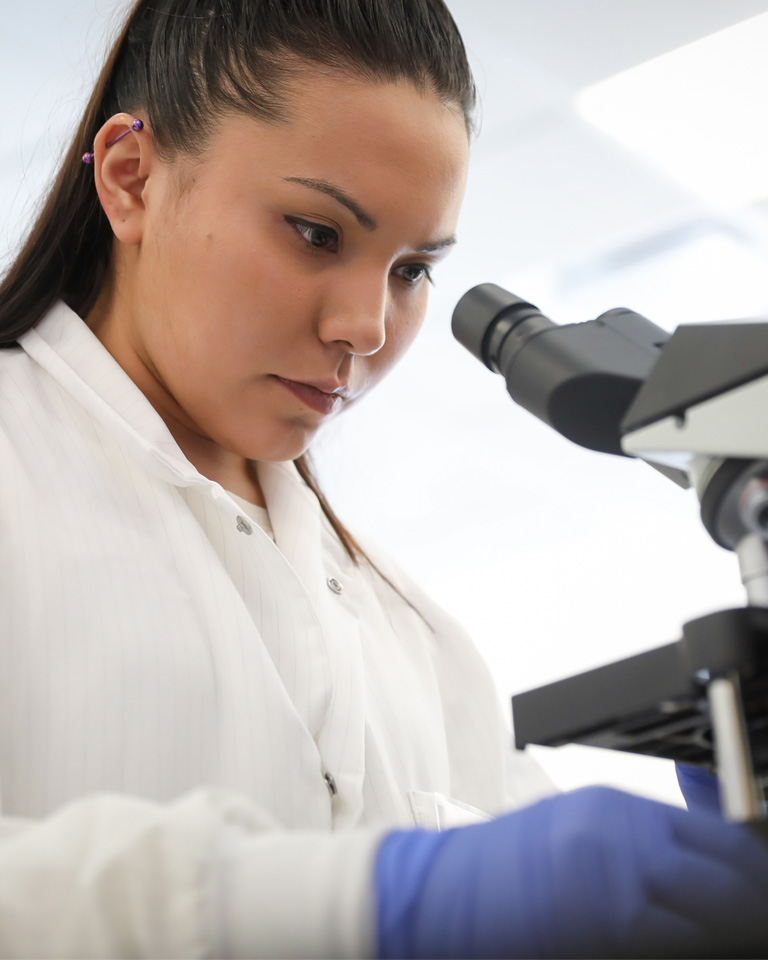Forensic Science Major
Enroll in the only four-year bachelor's degree in Forensic Science offered by a public university in North Dakota and Minnesota.
Combining science, criminal justice and the law, forensic science offers some of today’s most fascinating careers. You’ll immerse yourself in the forensic lab and learn to apply science to a range of legal issues.
- Program type:
- Major
- Format:
- On Campus
- Est. time to complete:
- 4 years
- Credit hours:
- 120
Why earn a forensic science major?
-
UND's Forensic Science Major
-
Attend annual meetings of the American Academy of Forensic Sciences.
-
Join the Forensic Science Club to participate in social gatherings, presentations and demonstrations for local high schools.
-
Broaden your forensic science horizon and engage with American Academy of Forensic Sciences scientists, practitioners and award winners.
-
Let our team of academic advisors help you plan your major. You'll also have access to personalized Degree Map software to keep you on track to graduate in four years.
-
Learn in a state-of-the-art Forensic Science lab, designed to match real-world professional crime labs.
-
Study at the only four-year bachelor's degree program offered by a public university in Forensic Science in North Dakota and Minnesota.
What can you do with a forensic science major?
Forensic Science Major Courses
Leader in Forensic Science
In high school, the dream of studying forensic science led Nicolette Ras to the program at UND, but the professors and hands-on classes have inspired her to apply for medical school and get a job in the medical examiners office.
-

